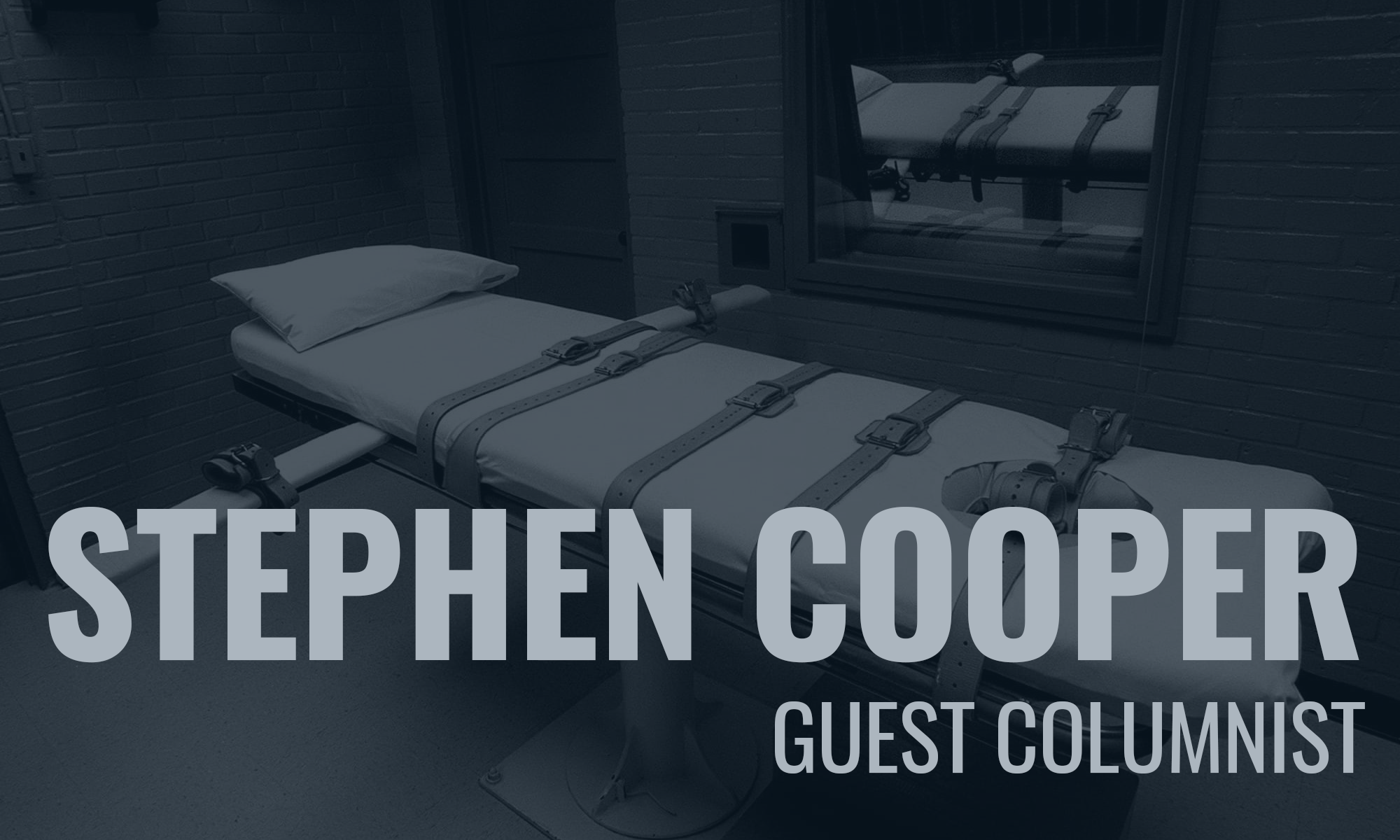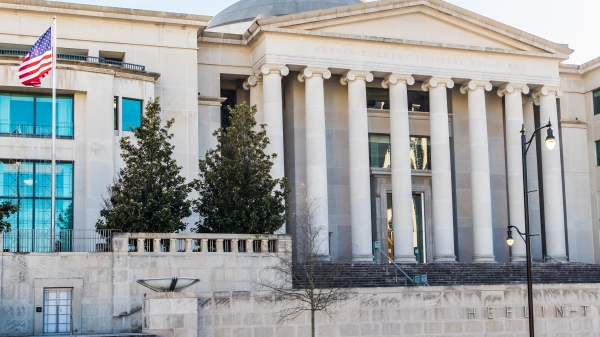Recently, the appalling spectacle of a black man condemned by a Georgia jury, a jury that included a racist bigot, reentered the American consciousness; if you haven’t heard about this travesty of justice (yet), or, if you’ve forgotten its details, all you need to know about the Keith Tharpe case is: a now-deceased juror who sentenced Tharpe to death swore in an affidavit Tharpe was a “ni**er,” and further, “after studying the Bible,” he “wondered if black people even have souls.” Spared execution over these facts by a last-minute stay in September 2017, Tharpe’s case is, once again, back before the United States Supreme Court; the Court can grant a writ of certiorari, to consider the merits of Tharpe’s claim of racial bias, or, not.
Predictably, opinion pieces urging the Justices to again intervene in Tharpe’s case – to call off this deplorable 21st-century-style lynching – have emerged from diverse corners, including: in a piece in Newsweek by conservative Republican attorney from Georgia, David Burge; from three bishops writing collectively in the Atlantic (urging, “The U.S. Supreme Court must intervene in [Tharpe’s] case to ensure that fairness is protected and justice is defended – before it’s too late. To do nothing would be tragic not only for Tharpe, but our collective dignity.”); the Director of Litigation at the NAACP Legal Defense & Educational Fund; and, finally, at least in the current news cycle, Harvard Law Professor Randall Kennedy, who, in an olfactory-informed oped for the New York Times, argued Tharpe’s death sentence is hopelessly infected by “the stench of prejudice, not just a whiff.”
This chorus of conscientious calls for the Supreme Court to act on Tharpe’s case – to prevent what retired Justice Anthony Kennedy termed in 2008 a “sudden descent into brutality, transgressing the constitutional commitment to decency and restraint” – is compelling. But, what’s equally important for all “woke” Americans to recognize about the Tharpe case, a fact I alluded to when writing about another death penalty case tainted by race: unacceptable racial bias is at the root of capital punishment; it is an ignominious bloody stain running deep, with terribly tragic results, in the frayed fabric of our country. Indeed, the history of the death penalty in America is hewn from the hell of slavery, subjugation and the suffering of black people.
Because as I argued when Tharpe last came close to being executed, his case is an easy one: you don’t have to be a Justice on the Supreme Court or even go to law school to know a juror who uses racial epithets, who wonders whether “black people even have souls,” can’t be fair and impartial. Not in the case of a black man on trial for his life. Nevertheless, it’s good Tharpe’s case is getting the media blitz it is. Leaders from all walks of life, indeed, every justice-loving American needs to raise their voice to protest the obvious and odious racism in Tharpe’s case; doing so, and doing so loudly, is the only way to ensure our Supreme Court Justices, as reclusive as they are, are nevertheless aware of the public’s collective outrage over this case. This is especially important given the Court’s last death penalty screw-up, in the case of Domineque Ray, in Alabama, sullying our Constitution, perhaps irreparably.
But, in talking and thinking about Tharpe’s case, and any death penalty case going forward, we can and should also reflect, much more than we currently do, on the death penalty’s racist roots in America. Because the more we acknowledge this hateful history, one steeped in the shameful legacy of slavery, and, the lingering evil of discrimination, the greater the outrage there will be by good people everywhere, along with calls for action, and most importantly, change. We who care about human and civil rights must speak out. We must rededicate ourselves to eradicating the vestiges of slavery, including the disproportionate, dehumanizing impact of the death penalty on black and brown people.
Because if we’re open and honest about capital punishment’s grotesquerie, we’ll have a better chance as an informed electorate to emancipate ourselves from the historical and mental slavery keeping us wedded to such a fiendish, state-sanctioned, lethal, force. Borrowing from Dr. Martin Luther King, Jr., the death penalty is “[l]ike a boil that can never be cured so long as it is covered up but must be open with all of its ugliness to the natural medicines of air and light, injustice must be exposed, with all the tension its exposure creates, to the light of human conscience and the air of national opinion before it can be cured.”
That’s the abolitionist way forward.
About the Author: Stephen Cooper is a former D.C. public defender who worked as an assistant federal public defender in Alabama between 2012 and 2015. He has contributed to numerous magazines and newspapers in the United States and overseas. He writes full-time and lives in Woodland Hills, California. Follow him on Twitter at @SteveCooperEsq




















































